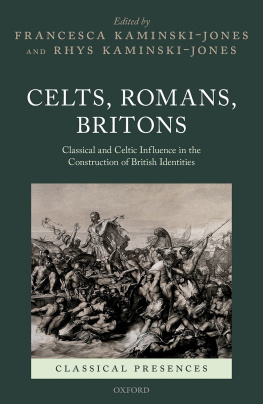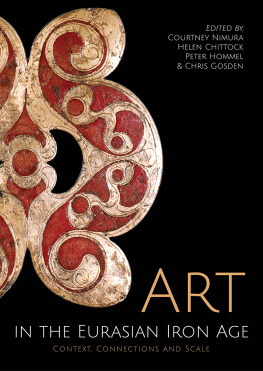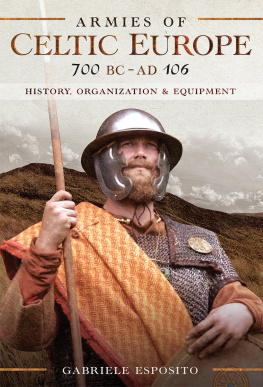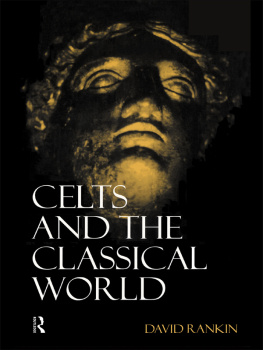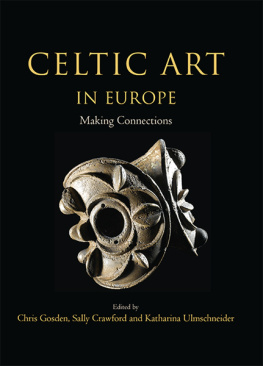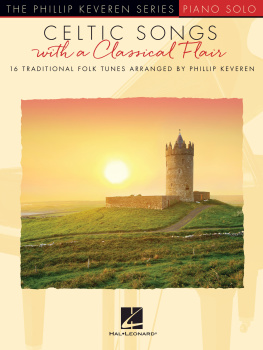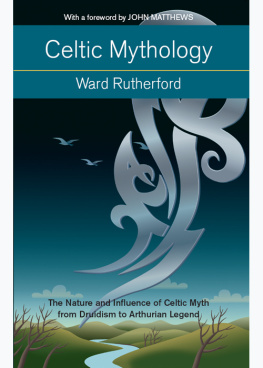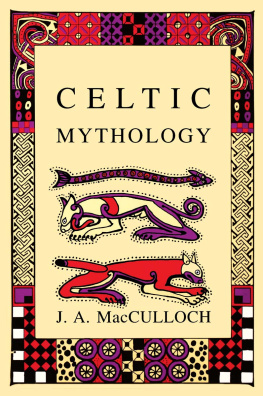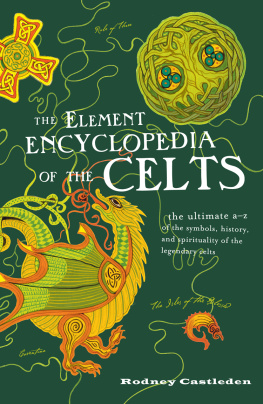Lorna Hardwick James I. Porter
Classical Presences
Attempts to receive the texts, images, and material culture of ancient Greece and Rome inevitably run the risk of appropriating the past in order to authenticate the present. Exploring the ways in which the classical past has been mapped over the centuries allows us to trace the avowal and disavowal of values and identities, old and new. Classical Presences brings the latest scholarship to bear on the contexts, theory, and practice of such use, and abuse, of the classical past.

Great Clarendon Street, Oxford, OX2 6DP, United Kingdom
Oxford University Press is a department of the University of Oxford. It furthers the Universitys objective of excellence in research, scholarship, and education by publishing worldwide. Oxford is a registered trade mark of Oxford University Press in the UK and in certain other countries
Francesca Kaminski-Jones and Rhys Kaminski-Jones 2020
The moral rights of the authors have been asserted
First Edition published in 2020
Impression: 1
All rights reserved. No part of this publication may be reproduced, stored in a retrieval system, or transmitted, in any form or by any means, without the prior permission in writing of Oxford University Press, or as expressly permitted by law, by licence or under terms agreed with the appropriate reprographics rights organization. Enquiries concerning reproduction outside the scope of the above should be sent to the Rights Department, Oxford University Press, at the address above
You must not circulate this work in any other form and you must impose this same condition on any acquirer
Published in the United States of America by Oxford University Press
198 Madison Avenue, New York, NY 10016, United States of America
British Library Cataloguing in Publication Data
Data available
Library of Congress Control Number: 2020932764
ISBN 9780198863076
ebook ISBN 9780192608154
Printed and bound by
CPI Group (UK) Ltd, Croydon, CR0 4YY
Links to third party websites are provided by Oxford in good faith and for information only. Oxford disclaims any responsibility for the materials contained in any third party website referenced in this work.
Dedicated to our fiercest supporters,
Mam and Nonnino
Acknowledgements
This volume has its roots in a conference held at Oxford on 2 July 2016, and we would like to thank all the participants, funders, and supporters who made it possible. The conference was supported by the University of Wales Centre For Advanced Welsh and Celtic Studies (CAWCS), Oxford Medieval Studies, The Oxford Research Centre in the Humanities (TORCH), Royal Holloway University of London, the Institute of Classical Studies, the Classical Association, the Learned Society of Wales, and the Society for the Study of Medieval Languages and Literature. We are very grateful to the conference speakers who, for various reasons, were not able to contribute to this volume, namely Barry Cunliffe, Rosemary Sweet, and especially Ceri Davies, whose work on a draft chapter for this volume we appreciate greatly. We would also like to thank Thomas Charles-Edwards and Nick Lowe, who chaired panels on the day, Katherine Fender, who was of great help in the organization process, all the staff at the Radcliffe Humanities Building who worked with us, and finally Angharad Elias and Nia Davies at CAWCS, whose administrative support was invaluable.
With regard to the volume itself, we would first like to thank our series editors James I. Porter and Lorna Hardwick for their advice and support. We would in particular like to thank Lorna Hardwick, who from the beginning has gone above and beyond the call of duty to steer us through the editing process, and who has been very generous with her time and expertise. A number of people have read and commented on drafts of both the volume and the volume proposal, and we would like to thank them all: Nick Lowe, Mary-Ann Constantine, Ahuvia Kahane, Mark Williams, Dafydd Johnston, and David Parsons. We would also like to thank Kate Mathis, who provided a great deal of specialist advice. Our contributors have been hugely helpful during the editing process, both in their responses to us as editors, and in their willingness to read and respond to each others workan interdisciplinary and transhistorical volume such as this can only be accomplished through collaboration and collective effort, and we are very thankful that our authors were willing to engage in this effort so thoroughly. Our anonymous readers have helped to improve the volume significantly, and we extend them our sincere thanks. Our thanks also to everyone working for and at Oxford University Press who have contributed to producing this book, in particular Karen Raith, Charlotte Loveridge, Monica Matthews, and Bhavani Govindasamy. If anyone has been accidentally omitted from this list, we apologize and thank them profusely.
None of our work would be possible without the support of loving family and friends, and we hope they know how deeply appreciated they are. And finally, the editors must also thank each other for managing the potentially precarious juggling act of marriage and co-editorship!
Contents
Celts, Romans, Britons: Introduction
Rhys Kaminski-Jones and Francesca Kaminski-Jones
British Ethnogenesis: A Late Antique Story
Alex Woolf
Romans, Britons, and the Construction of Anglo-Saxon Identity
Michael D.J. Bintley
Origins and Introductions: Troy and Rome in Medieval British and Irish Writing
Helen Fulton
The Politics of British Antiquity and the Descent from Troy in the Early Stuart Era
Philip Schwyzer
Greek Gaels, British Gaels: Classical Allusion in Early-Modern Scottish Gaelic Poetry
M. Pa Coira
Celts and Romans on Tour: Visions of Early Britain in Eighteenth-Century Travel Literature
Mary-Ann Constantine
British Imperialist and/or Avatar of Welshness?: Caractacus Performances in the Long Nineteenth Century
Edith Hall
Moderns of the Past, Moderns of the Future: George Sigersons Celtic-Romans in Ireland, 18971922
Arabella Currie
Alternative Histories: Crypto-Celts and Crypto-Romans in the Legendarium of J.R.R. Tolkien
Philip Burton
Hadrians Wall: An Allegory for British Disunity
Richard Hingley
Michael D.J. Bintley. Birkbeck, University of London
Philip Burton. University of Birmingham
M. Pa Coira. Independent Scholar
Mary-Ann Constantine. University of Wales Centre for Welsh and Celtic Studies
Arabella Currie. University of Exeter
Helen Fulton. University of Bristol
Edith Hall. Kings College London
Richard Hingley. Durham University
Francesca Kaminski-Jones. Royal Holloway, University of London
Rhys Kaminski-Jones. University of Wales Centre for Welsh and Celtic Studies
Philip Schwyzer. University of Exeter
Alex Woolf. University of St Andrews
Julius Caesars invasion in 55 bc has long been seen as a natural starting-point for histories of the British archipelago. The title page of David Humes multi-volume

